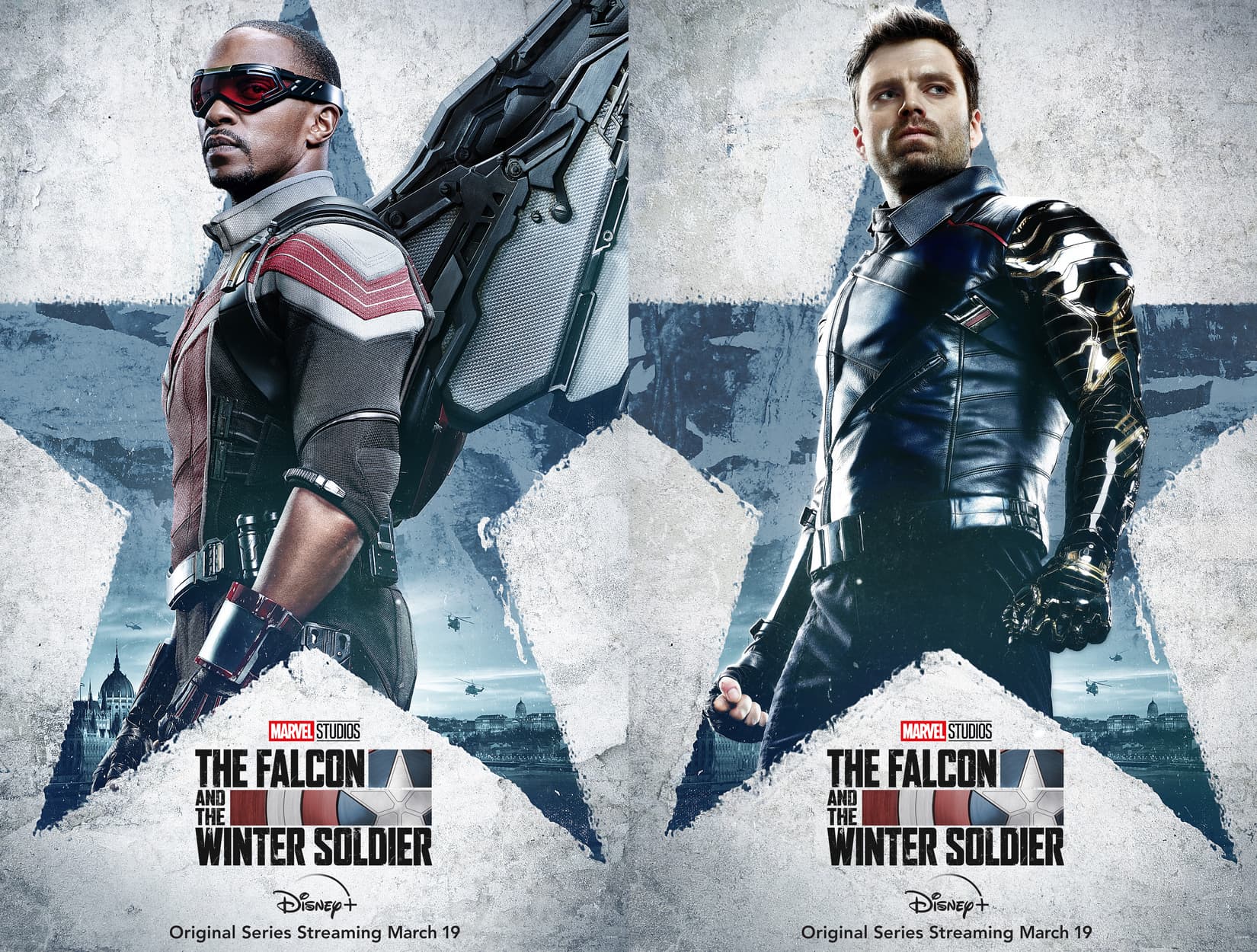
Meanwhile, Captain America: Civil War introduced the bickering dynamic we see between Sam and Bucky in The Falcon and the Winter Soldier. So there’s plenty of material for Sam/Steve shippers as well, leading into the later movies where Sam uproots his life to support Steve on the run. Befriending Steve in a classic meet-cute, Sam talks to Steve about his feelings while Black Widow receives the taciturn sidekick role. After positioning Bucky as Steve’s emotional motivation and damsel-in-distress in the first movie, Captain America: The Winter Soldier introduced Sam Wilson in what was, structurally speaking, the love-interest role. Of course, this love triangle is actually more of a love square. And in Avengers: Endgame, this storytelling strategy led to a uniquely unsatisfying finale for Steve, Bucky, and indeed Peggy Carter. It wasn’t the first time a popular media franchise tried to distance itself from a queer fandom response. After Captain America: Civil War, Marvel began to downplay Steve and Bucky’s friendship, backing away from the emotional intensity of the first two movies.

Steve/Bucky is probably the most popular romantic pairing in MCU fandom-which may actually have impacted the movies themselves. Steve Rogers’ relationship with Bucky was the emotional driving force of the Captain America trilogy, a star-crossed tragedy with romantic undertones. Warning: This story includes spoilers for The Falcon and the Winter Soldier.

The Falcon and the Winter Soldier is already embracing this theme, with Bucky Barnes’ court-mandated therapist forcing him to do couples exercises with Sam Wilson. Queer subtext has been a core element of the Captain America franchise since day 1.


 0 kommentar(er)
0 kommentar(er)
